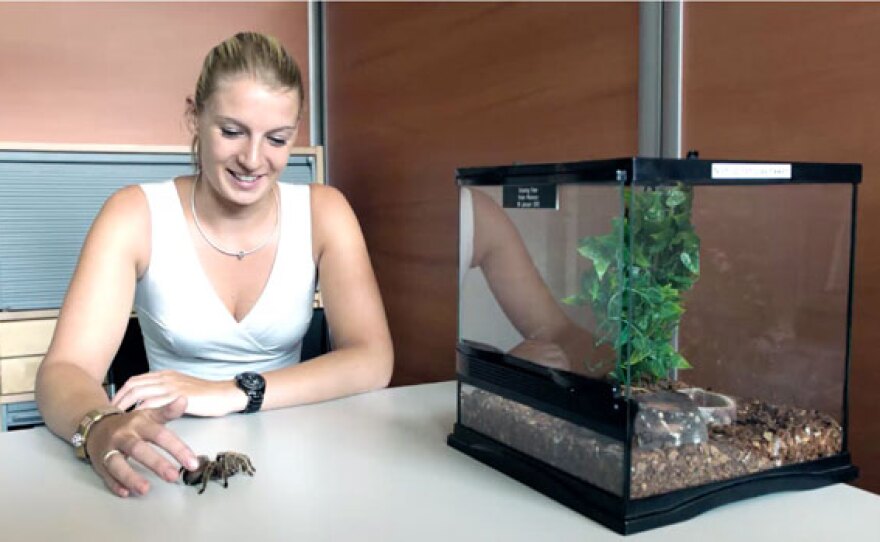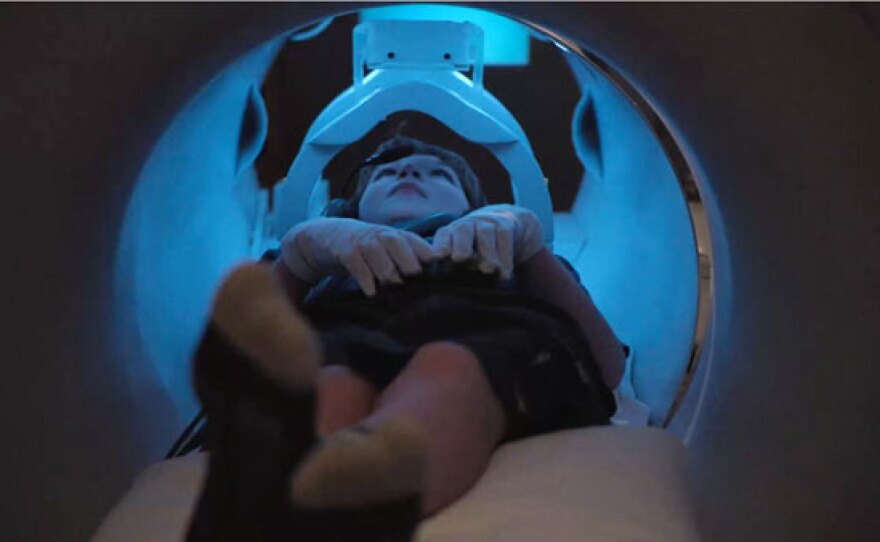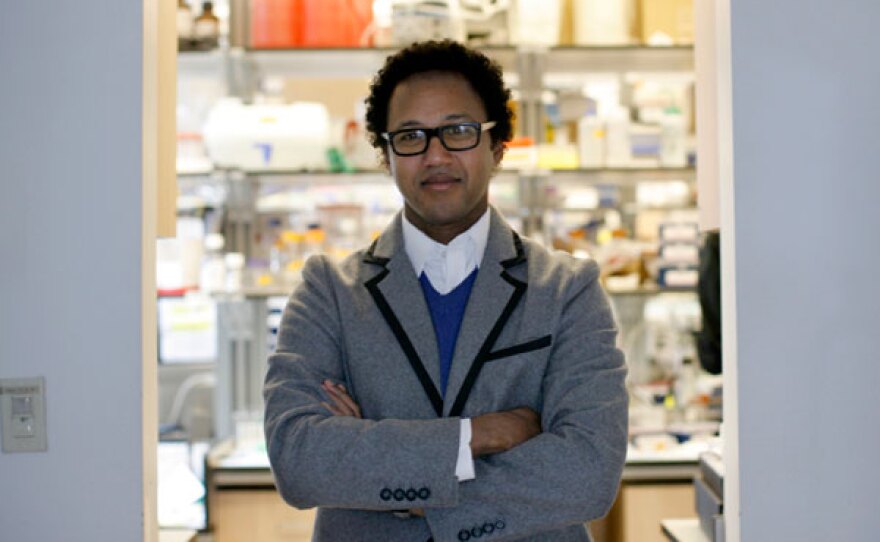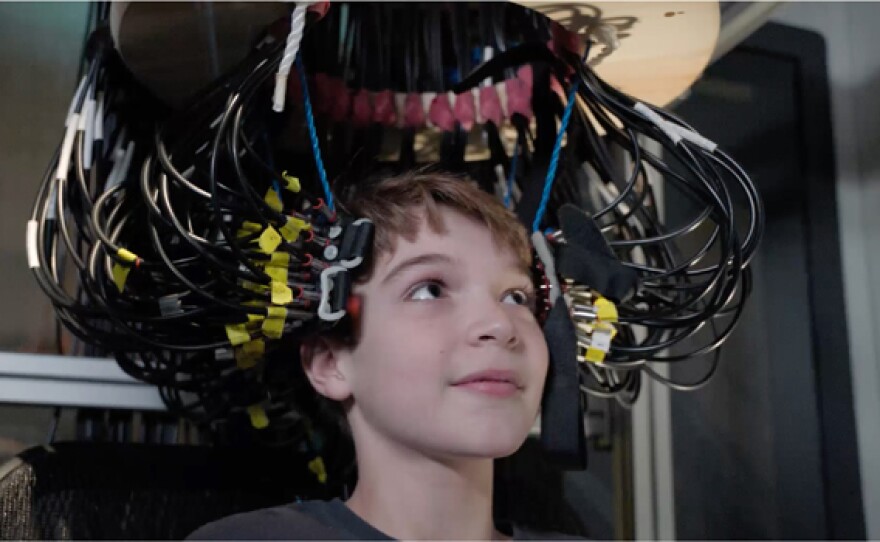Explore the science behind the headlines in PBS’ premier science series.
Memory. Whether it’s sharp, fuzzy, poignant or thrilling, it’s the glue that binds our mental lives.
Without it we’d be prisoners of the present, unable to use the lessons of the past to change our future.
From our first kiss to where we put our keys, memory represents who we are and how we learn and navigate the world.
NOVA "Memory Hackers" will reveal how it works.
Memory Hackers Preview
"Scientists are learning how we can edit memories—and delete our worst fears. Airing February 10
For the first time, using cutting-edge research, neuroscientists are exploring the precise molecular mechanisms of memory.

By studying individuals ranging from an 11-year-old whiz-kid who remembers every detail of his life since age eight, to a man who had his spider phobias vanquished, to a woman who even had memories implanted, scientists have uncovered a provocative idea.

For much of human history, memory has been seen as a tape recorder that faithfully registers information and plays it back intact.
But now, researchers are discovering that memory is far more malleable, always being written and rewritten, not just by us but by others.
As we are discovering the precise mechanisms that explain and can even control our memories, the question is – are we ready?
Visit NOVA online to read the related article "Inside the Memory Machine" by Carrie Arnold, and to learn about the secret life of Andrè Fenton, who studies the biological basis of human memory. And he never forgets to find some quiet time to meditate.

This full episode is available to stream on demand.
NOVA is on Facebook, and you can follow @novapbs on Twitter. #NOVAnext





